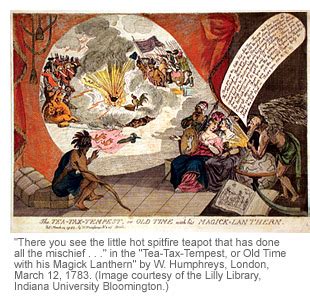The Declaration of Independence is one of the most important documents in American history. It is the founding document of the United States of America, and it has been used as a model for other declarations of independence around the world. But what is the audience of the Declaration of Independence? The answer might be more complex than you think.

The Primary Audience
The primary audience of the Declaration of Independence was the American people. The declaration was written by Thomas Jefferson in 1776, and it was adopted by the Second Continental Congress on July 4, 1776. The declaration was intended to be a statement of the reasons why the American colonies were declaring their independence from Great Britain. It was meant to inspire the American people to support the cause of independence, and it was also meant to persuade the British government to recognize the independence of the colonies.
The Secondary Audience
In addition to the American people, the secondary audience of the Declaration of Independence was the international community. The declaration was intended to show the world that the American colonies were serious about their independence. It was also meant to persuade other countries to support the American cause. The declaration was translated into several languages, and it was distributed throughout Europe and the Americas.
The Timeless Audience
The Declaration of Independence has a timeless audience. It is a document that is still relevant today, and it is still used to inspire people around the world. The declaration is a reminder of the importance of independence, and it is a source of inspiration for people who are fighting for their freedom.
Conclusion
The Declaration of Independence is a document that was written for a specific audience, but it has a timeless message. The declaration is a reminder of the importance of independence, and it is a source of inspiration for people who are fighting for their freedom.
FAQs
-
Who wrote the Declaration of Independence?
Thomas Jefferson wrote the Declaration of Independence. -
When was the Declaration of Independence adopted?
The Declaration of Independence was adopted on July 4, 1776. -
What was the purpose of the Declaration of Independence?
The purpose of the Declaration of Independence was to declare the independence of the American colonies from Great Britain. -
Who was the primary audience of the Declaration of Independence?
The primary audience of the Declaration of Independence was the American people. -
Who was the secondary audience of the Declaration of Independence?
The secondary audience of the Declaration of Independence was the international community. -
Is the Declaration of Independence still relevant today?
Yes, the Declaration of Independence is still relevant today. It is a reminder of the importance of independence, and it is a source of inspiration for people who are fighting for their freedom.
Tables
- Audience of the Declaration of Independence
| Audience | Purpose |
|---|---|
| American people | To inspire support for the cause of independence |
| International community | To persuade other countries to support the American cause |
- Historical Significance of the Declaration of Independence
| Event | Date | Significance |
|---|---|---|
| Declaration of Independence adopted | July 4, 1776 | Declaration of independence from Great Britain |
| United States of America founded | July 4, 1776 | Birth of the United States of America |
| Declaration of Independence recognized by Great Britain | September 3, 1783 | End of the American Revolutionary War |
- Legacy of the Declaration of Independence
| Legacy | Impact |
|---|---|
| Inspiration for other declarations of independence | Declaration of independence used as a model for other countries |
| Source of inspiration for people fighting for their freedom | Declaration of Independence used as a rallying cry for freedom fighters |
| Reminder of the importance of independence | Declaration of Independence used to remind people of the value of independence |
- Contemporary Relevance of the Declaration of Independence
| Issue | Relevance |
|---|---|
| Independence | Declaration of Independence used to advocate for independence for oppressed peoples |
| Freedom | Declaration of Independence used to advocate for freedom for people around the world |
| Justice | Declaration of Independence used to advocate for justice for all people |
